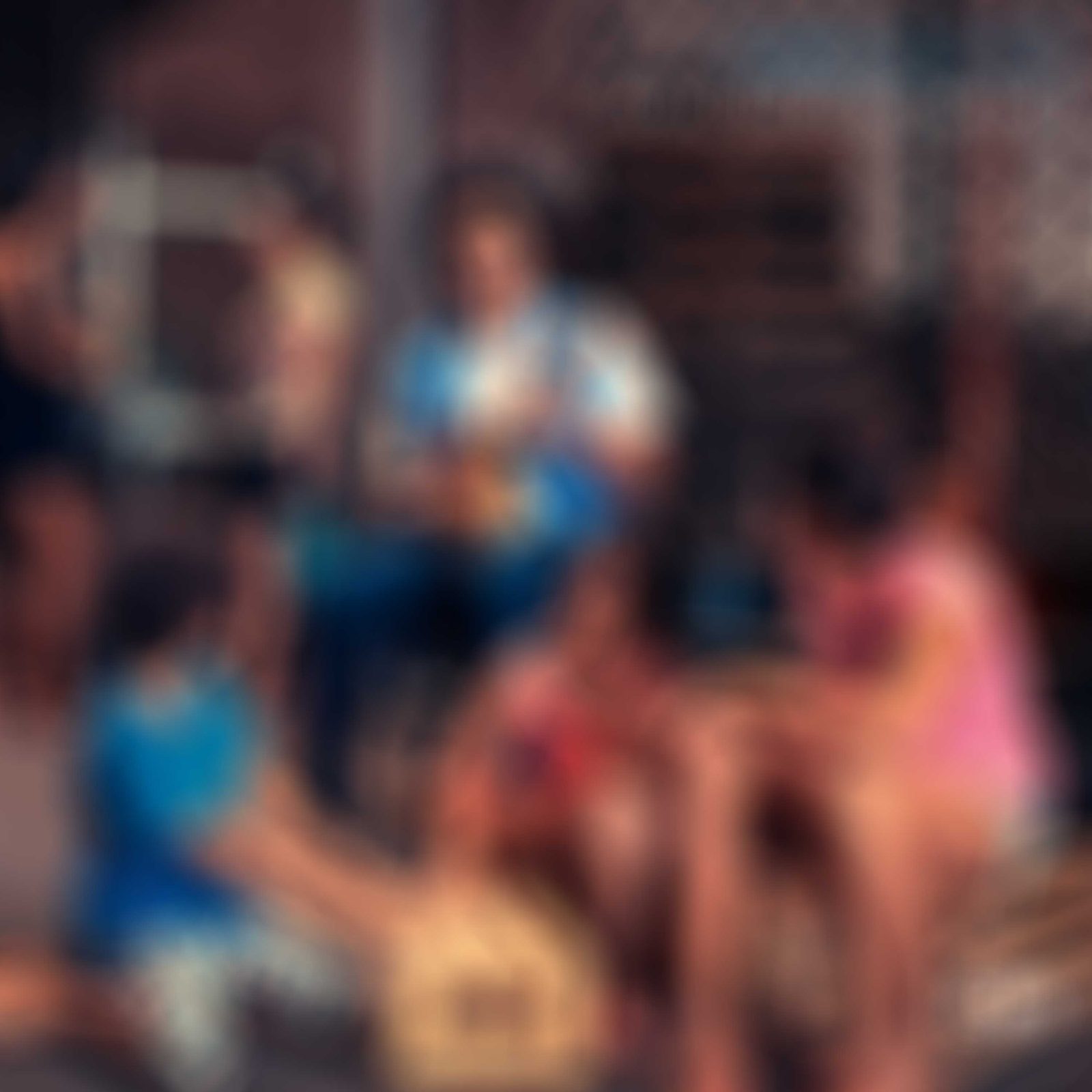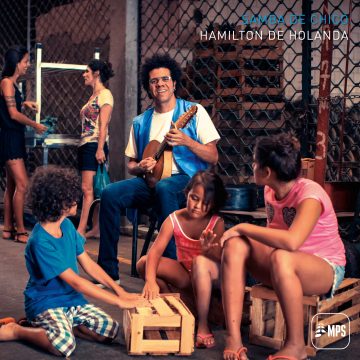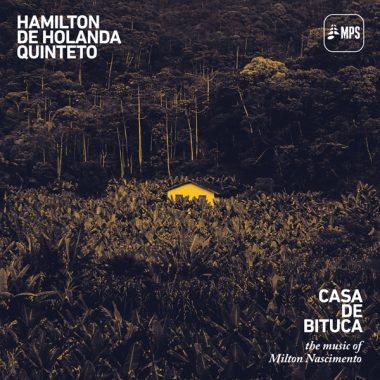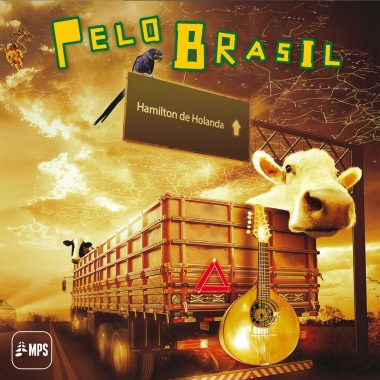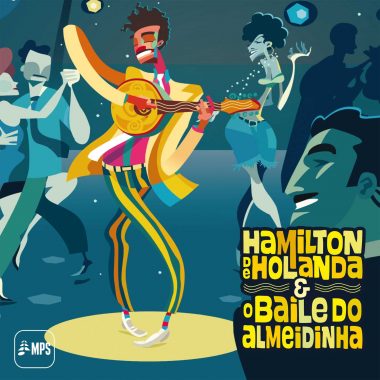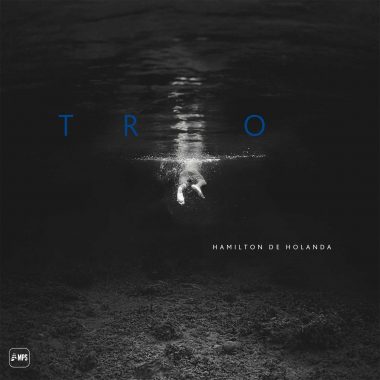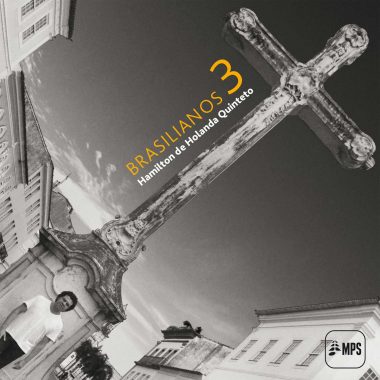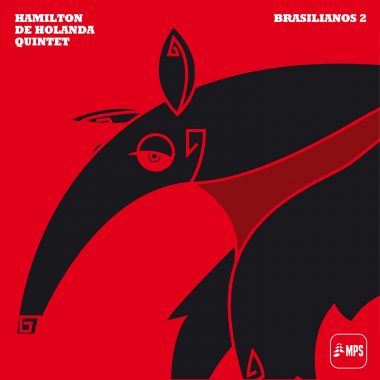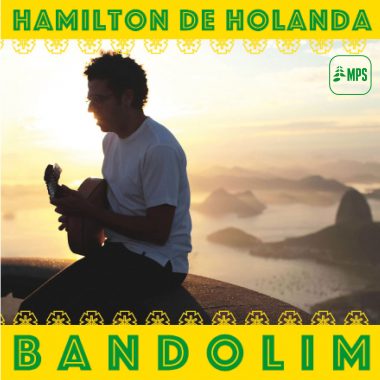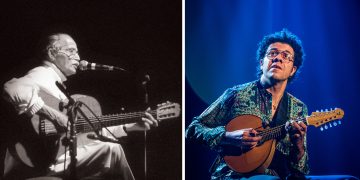Information
Genre |
Jazz Latin |
Release Date |
27.05.2015 |
Information
Hamilton de Holanda is perhaps the most important instrumentalist that Brazil has introduced to the world in recent decades. He could gain similar global recognition as Baden Powell in the 1960's or Hermeto Pascoal in the 1970s. Like those mentioned, Hamilton is not only a brilliant technician, but also deeply rooted in Brazilian music tradition. In his case however, this couldn’t be any different, since his instrument is the Bandolim – the Brazilian Mandolin – which has a long and rich tradition in Samba and Choro, genres whose history go back a 100 years and that represent the two cornerstones of the Musica Popular Brasileira (MPB).
Another cornerstone of the MPB, though in earlier times, is the singer, composer and poet Chico Buarque. Even though he is one of the songwriters who began their careers in the post-bossa phase in the mid 1960's, unlike his contemporaries Gilberto Gil and Caetano Veloso, he never flirted with rock and psychedelia. Instead, he contented himself with the richness of the primordial Brazilian musical forms, Samba and Choro play an important role in his work. Hamilton de Holanda’s 29th album Samba de Chico is a tribute to Chico Buarque and his music as well as to 100 years of Samba.
read moreThe selected songs are almost exclusively from the beginning of Chico’s career - the newest, Piano na Mangueira, was written with Antonio Carlos Jobim. It’s a tribute to Rio’s famous samba school, and is already 23 years old. Titles like A Rita, Quem te viu, quem te vê or Roda viva from the 1960s, have since been incorporated into the Brazilian DNA: There is hardly anyone in the country who can’t sing these songs. Construção, Deus lhe pague or Morena de Angola show the angry Chico of the 1970s, who was in a constant battle with the censors of the military dictatorship and who had to go to exile in Italy for a year in the beginning of the decade.
Hamilton de Holanda interprets these songs, all of which are classics in his country, equally virtuos and playful, as respectful as unconventional. He plays his ten chords Bandolim simultaneously as the melody and the accompaniment. He harmonizes breathtakingly with the percussion of Thiago da Serrinha and the bass of (alternately) André Vasconcellos and Guto Wirtti, with whom he has been collaborating for years. Also with the Italian pianist Stefano Bollani, the guest appearance on two tracks, he has an old partnership: in 2013 they released the joint album O que será, whose title song was written by Chico Buarque. The title O meu amor and Atrás da porta were interpreted by the multi-award winning Spanish singer Silvia Pérez Cruz. And Chico Buarque himself gives the project his compliment by singing A volta do malandro and Vai trabalhar vagabundo two of his own songs, that he had not sung for decades.
Hamilton de Holanda, born in 1976, grew up in a family of musicians in the capital Brasilia. By the age of five he received from his grandfather a Bandolim as a Christmas present: "It started from there and ever since I have not let go of this instrument," he said. In 1997 he released his first CD (along with his brother, the guitarist Fernando César, as Dois de Ouro) and quickly became an important name in the Brazilian scene. He played on albums by Djavan, Maria Bethânia and Seu Jorge. His reputation spread quickly internationally and he was invited, among others, by Cesaria Evora, Richard Galliano and Mayra Andrade into their studios. On his own, he published in rapid successions albums with guest appearances like Wynton Marsalis, Chucho Valdés or Omar Sosa.
He has also worked with artists like Chick Corea, Bela Fleck, Buena Vista, Melody Gardot and Carminho.
Wayne Shorter was recently asked which musician he'd like to work with, and he said Hamilton. The German jazz legend Rolf Kühn, with whom he has just recorded together for Rolf’s next album, to be released in autumn, said: "Hamilton is one of the most interesting and best instrumentalists with whom I've ever played in my career. " Karl Lippegaus designated Hamilton de Holanda in his criticism of the album Pelo Brasil for Fono Forum as "one of the greatest string artists of our time" and simply "genius". Samba de Chico provides further meaningful evidence that these attributions are most probably correct.
Information
Genre |
Jazz Latin |
Release Date |
27.05.2015 |

